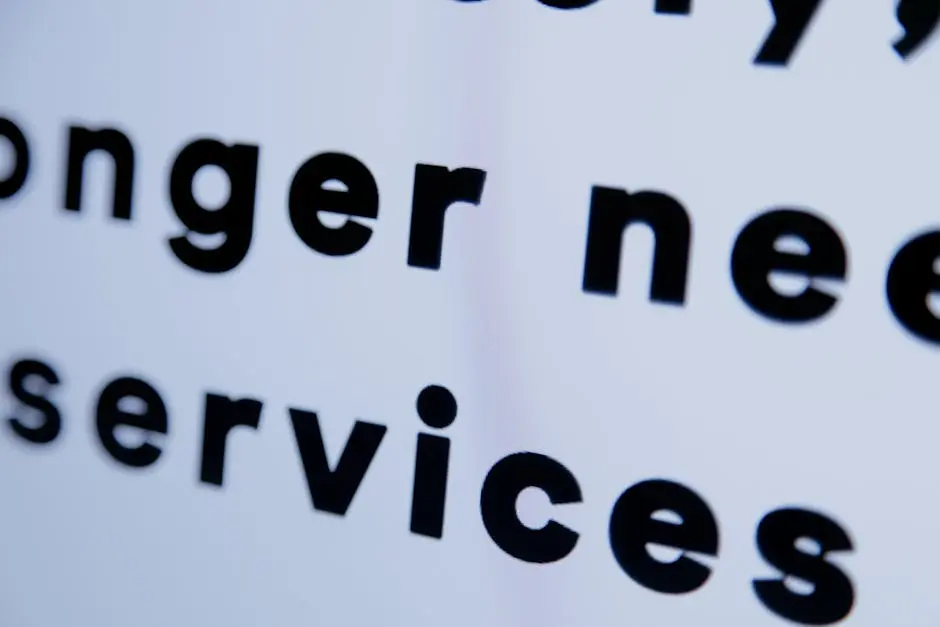Ensuring that contracts are accurately translated is essential for clear communication and legal compliance. This guide will provide you with practical tips to enhance the precision of contract translation, making sure that every detail is captured correctly.
1. Understand the Source Contract
The foundation of any successful contract translation starts with a thorough understanding of the source contract. By delving into the details, you’ll not only grasp the fundamental agreements but also the specific terms that might bear legal significance. Pay attention to clauses and conditions, as these often contain nuanced meanings.
Moreover, understanding the text in its entirety—its tone, intent, and specific legal implications—will empower you to convey the same message accurately in the target language. Don’t hesitate to highlight questions or uncertainties regarding complex passages. Clarifying these points upfront can save a lot of time during the translation process.
2. Familiarize Yourself with Legal Terminology
Legal jargon can be particularly challenging in contract translation. Each jurisdiction has its own terminology, and what might be commonplace in one region could be obscure in another. As a translator, it’s crucial to invest time in learning the specific legal terms related to the fields of law relevant to the contract at hand.
Utilizing resources such as legal dictionaries or websites specializing in law can vastly enhance your understanding of terminology. Additionally, consider joining forums or groups where legal translation is discussed; engaging with fellow translators can provide insights that may improve your proficiency.
3. Identify Cultural Contexts
Regional cultural influences can significantly affect contract language and structure. Different cultures may approach contracts with varying levels of formality and emphasis on certain terms. Being aware of these subtleties allows you to adapt your translation method to resonate more effectively with the target audience.
Additionally, cultural context can alter the way specific phrases or idioms are interpreted. For example, what constitutes a fair agreement in one culture might not hold the same weight in another. Thus, investing effort into understanding the socio-cultural background linked to the contract can ensure your translations maintain relevance.
4. Utilize Professional Translation Tools
In today’s digital world, various translation tools can enhance your efficiency and accuracy. Software solutions designed for legal professionals often include glossaries and standard phrase libraries tailored for contract translation. These resources can assist in maintaining consistency throughout the documentation.
However, while these tools can accelerate the process, it’s imperative not to rely solely on them. Automated translations should always be reviewed to ensure they convey the intended legal meanings without losing context or nuance. Combining human insight with electronic assistance creates a stronger final product.
5. Engage Qualified Translators
Your translation quality can drastically improve by collaborating with qualified translators who specialize in legal translation. These professionals are not only adept translators but also have an in-depth understanding of legal systems, which informs their translation practice. Ensuring that partners have proven experience in similar translations can enhance confidence in the final product.
Additionally, working in a team can introduce a diversity of perspectives, allowing for discussions and debates about specific translation choices. It’s this collective knowledge that often leads to the most precise translations, melding different expertise into a coherent output.
6. Review and Revise for Accuracy
No translation is complete without a thorough review process. It’s essential to revisit your translation, checking each clause not only for spelling and grammatical correctness but also for the overall flow and coherence. Look for discrepancies in terms used and ensure they align with the context and meaning of the original document.
Moreover, consider enlisting a second pair of eyes for an additional review. Having an experienced colleague review your work can highlight any potential oversights, ensuring that the document is both accurate and professionally polished.
7. Incorporate Feedback from Subject Matter Experts
Involving subject matter experts (SMEs) during the translation process can yield significant benefits. Their specialized knowledge can provide insights into industry-specific language and regulations, which may not be immediately clear in the source contract. Engaging with SMEs ensures that your translation aligns closely with expectations within the relevant field.
Feedback from these professionals can also lead to a deeper understanding of the implications tied to certain clauses. This insight might help refine your language choices and ultimately enhance the accuracy of the translation. Establishing a rapport with SMEs can be invaluable for future projects as well.
8. Maintain Consistent Terminology
Consistency in terminology not only improves clarity but also builds credibility within the translated document. Implementing a glossary specific to the project can assist in keeping terminology aligned throughout the contract, ensuring that each technical term is interpreted and used correctly.
Even the slightest variation in wording can lead to misunderstandings, especially in legal contexts. Therefore, taking the time to create and maintain an accurate terminology database is an investment that pays off by enhancing the overall professionalism of your translated work.
9. Understand the Target Audience
Awareness of the target audience is essential for crafting a translation that resonates. Different legal systems have various cultural expectations, and adapting your approach to reflect this can make a significant difference in how the contract is perceived.
For instance, if your target audience is more accustomed to straightforward legal language, using simpler terms may prove beneficial. Conversely, an audience well-versed in legal intricacies may appreciate a more complex and thorough presentation. Knowing who will be reading the contract allows for a strategic translation.
10. Double-Check Compliance with Local Laws
Lastly, ensuring compliance with local laws is a non-negotiable part of contract translation. Different jurisdictions can have vastly different legal requirements that affect the final document. Ignoring these legalities can lead to complications or even invalid contracts.
Conduct thorough research to familiarize yourself with local legal standards, and when in doubt, consult with legal professionals. This diligence will not only bolster the credibility of your translation but also provide peace of mind for all parties involved.

